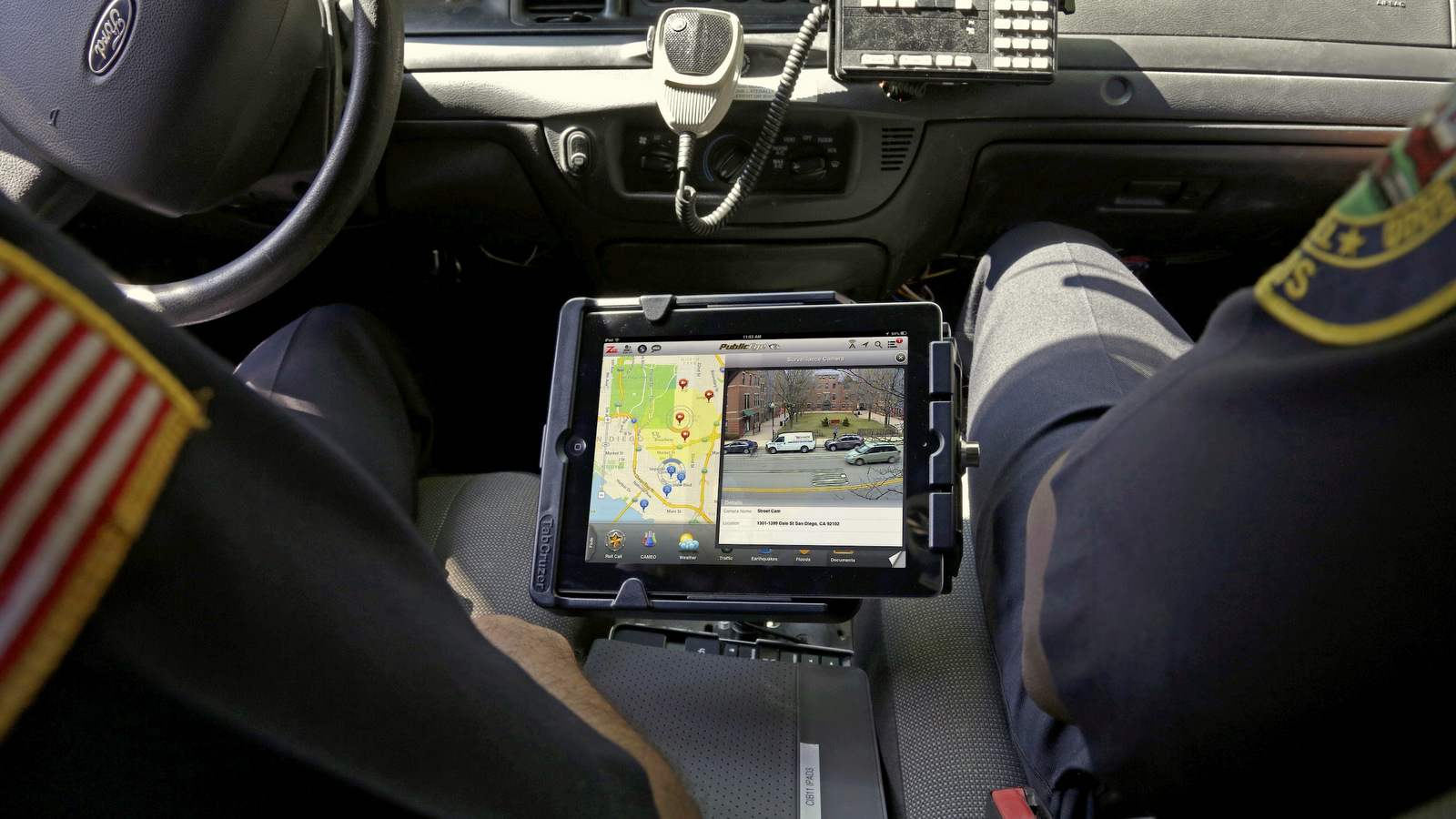
Researchers with Purdue University are developing a system which could soon allow law enforcement officers to access any public camera system. The tool is designed to help law enforcement determine where and how to respond to crime. The development of the tool was first reported by WIRED:
The system, which is just a proof of concept, alarms privacy advocates who worry that prudent surveillance could easily lead to government overreach, or worse, unauthorized use. It relies upon two tools developed independently at Purdue. The Visual Analytics Law Enforcement Toolkit superimposes the rate and location of crimes and the location of police surveillance cameras. CAM2 reveals the location and orientation of public network cameras, like the one outside your apartment.
As WIRED notes, search engines like Shodan currently allow users to access camera feeds from around the world, but CAM2 would make the process much easier. However, David Ebert, an electrical and computer engineer at Purdue University, says CAM2 is simply a “way to help people take advantage of information that’s out there.”
Currently, Purdue University limits access to the system to registered users, and also requires users to agree to terms of service which state “you agree not to use the platform to determine the identity of any specific individuals contained in any video or video stream.” How exactly this agreement would be enforced if CAM2 goes live is yet to be determined and that is what makes privacy advocates extremely worried about potential for abuse.
“I can certainly see the utility for first responders,” says Dave Maass, a researcher with digital rights group Electronic Frontier Foundation. “But it does open up the potential for some unseemly surveillance.”
CAM2 will not allow users access to private camera feeds, but Gautam Hans, policy counsel at the Center for Democracy & Technology, told WIRED there’s no way of knowing when someone violates the terms of service and targets an individual. How exactly government regulation could limit access to this data is also unknown. The system is yet another reminder that the expectation of privacy that most Americans have grown accustomed to is quickly becoming a relic of past generations.
Fortunately, the system is not yet publicly available. Unfortunately, there are many other tools available which allow law enforcement to peer into your private lives and conversations. Just weeks ago, Activist Post reported on Phoenix resident Brian Clegg and his concern about a box he witnessed being installed on a power pole. Clegg said the box was facing his house and he believed it may have had cameras inside. The pole was owned by Arizona’s largest power provider, SRP, who claimed no one had permission to put the box on their pole. Brian Clegg says shortly afterwards SRP sent a crew to remove the box. It was later discovered that the bureau of Alcohol, Tobacco and Firearms and Explosives (ATF), a branch of the U.S. Department of Justice, installed the box as part of an ongoing investigation. Officials with the ATF would not provide details about their alleged investigation and would not confirm if they were conducting surveillance in the area.
The ATF is not the only federal agency involved with planting surveillance equipment in public. AP recently reported on a former special agent with the Federal Bureau of Investigation’sblowing the whistle about the bureau’s practice of installing microphones in public places, including trees, courthouses, and bus stops.
There is also the issue of the FBI’s attempt to suppress information about a massive database which contains fingerprints, palm prints, iris, voice, and face scans, as well as other biometric data, of millions of Americans. Finally, there is also the issue of the national database of information collected by local and state law enforcement agencies via automatic license plate reader (ALPRs) systems.
George Orwell could never have imagined that his book 1984would become a manual for would-be totalitarians of the future. The State has the tools to watch, listen, and learn all your habits and activities. The only question that remains is what are you going to do about it?
Derrick Broze is an investigative journalist for ActivistPost.com and the founder ofTheConsciousResistance.com. Follow him on Twitter. Book Derrick for interviews at [email protected].
This article may be freely reposted in part or in full with author attribution and source link.

